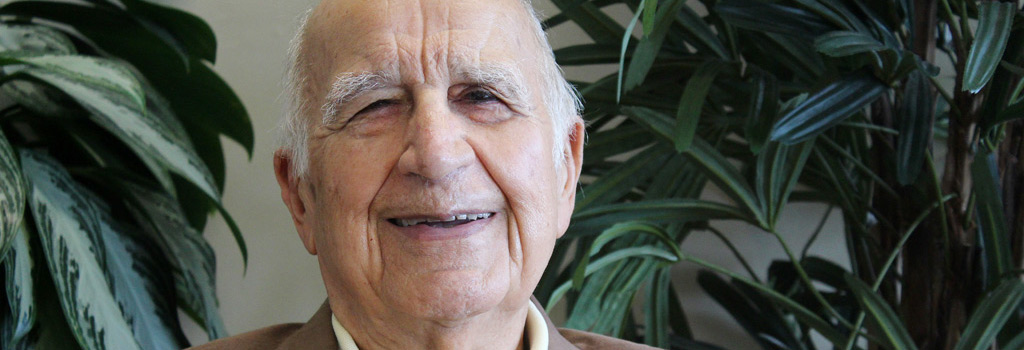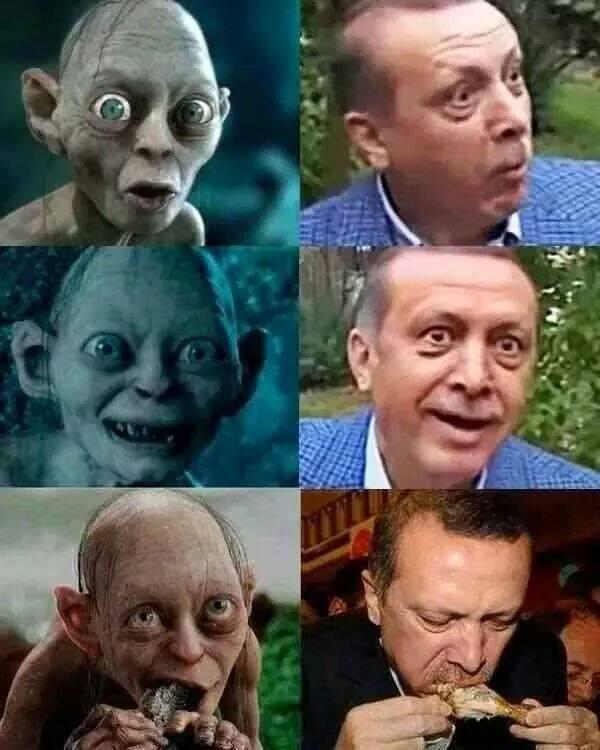Republican presidential hopeful Donald Trump thinks that Justice Antonin Scalia went a little too far when he suggested last week that black students may benefit from taking a slower educational route.
Scalia said during oral arguments in an affirmative action case last week that black students may benefit from attending a "slower-track school." Scalia said that "most of the black scientists in this country don't come from schools like the University of Texas."
Trump, in an interview with Jake Tapper that aired on CNN on Sunday, indicated he disagreed with Scalia's remarks.
"I thought it was very tough to the African-American community," Trump said. "I don't like what he said."
2. Rubio vs. Gay Marriage:
CHUCK TODD: Are you going to work to overturn the same sex marriage?3. Supreme Court to hear another DUI case.
MARCO RUBIO: I disagree with it on constitutional grounds. As I have said–
CHUCK TODD: But are you going to work to overturn this?
MARCO RUBIO: I think it’s bad law. And for the following reason. If you want to change the definition of marriage, then you need to go to state legislatures and get them to change it. Because states have always defined marriage. And that’s why some people get married in Las Vegas by an Elvis impersonator. And in Florida, you have to wait a couple days when you get your permit. Every state has different marriage laws. But I do not believe that the court system was the right way to do it because I don’t believe–
CHUCK TODD: But it’s done now. Are you going to work to overturn it?
MARCO RUBIO: You can’t work to overturn it. What you–
CHUCK TODD: Sure. You can do a constitutional amendment.
MARCO RUBIO: As I’ve said, that would be conceding that the current Constitution is somehow wrong and needs to be fixed. I don’t think the current Constitution gives the federal government the power to regulate marriage. That belongs at the state and local level. And that’s why if you want to change the definition of marriage, which is what this argument is about.
It’s not about discrimination. It is about the definition of a very specific, traditional, and age-old institution. If you want to change it, you have a right to petition your state legislature and your elected representatives to do it. What is wrong is that the Supreme Court has found this hidden constitutional right that 200 years of jurisprudence had not discovered and basically overturn the will of voters in Florida where over 60% passed a constitutional amendment that defined marriage in the state constitution as the union of one man and one woman.
CHUCK TODD: So are you accepting the idea of same sex marriage in perpetuity?
MARCO RUBIO: It is the current law. I don’t believe any case law is settled law. Any future Supreme Court can change it. And ultimately, I will appoint Supreme Court justices that will interpret the Constitution as originally constructed.
The Supreme Court agreed on Friday to decide whether states can make it a crime for motorists suspected of drunken driving to refuse breath, blood or urine tests. Thirteen states have such laws.4. And in non-Supreme Court news, the numbers of low-level medicare fraudster prosecutions is way up. So are immigration offenders. But where are the prosecutions of these cases -- horrific abuse in our prisons. You gotta read the Miami Herald's investigation on Lowell correctional institution. How is it that we can have places like this?
The court took up the question in three cases: one from Minnesota and two from North Dakota, which were consolidated for a single argument.In 2013, in Missouri v. McNeely, the Supreme Court ruled that the police investigating a drunken-driving incident must generally obtain warrants before drawing blood without consent.The state laws get around that ruling by making refusal to consent to testing a separate crime. State officials justify those laws in part on the ground that drivers have given their consent to be tested as a condition of being permitted to drive.The defendants in the new cases say the laws violate the Fourth Amendment’s ban on unreasonable searches and seizures.
4.


 The punishments were swift. Dr. Ciftci lost his job with the Public Health Institution of Turkey after sharing the meme, and he faces a two-year prison sentence, the Turkish newspaper Today’s Zaman reported. After a judge said he did not know enough about the Tolkien creature to make an appropriate decision, five experts were ordered to conduct an investigation into Gollum’s moral character before the next phase of the trial begins in February.
The punishments were swift. Dr. Ciftci lost his job with the Public Health Institution of Turkey after sharing the meme, and he faces a two-year prison sentence, the Turkish newspaper Today’s Zaman reported. After a judge said he did not know enough about the Tolkien creature to make an appropriate decision, five experts were ordered to conduct an investigation into Gollum’s moral character before the next phase of the trial begins in February.